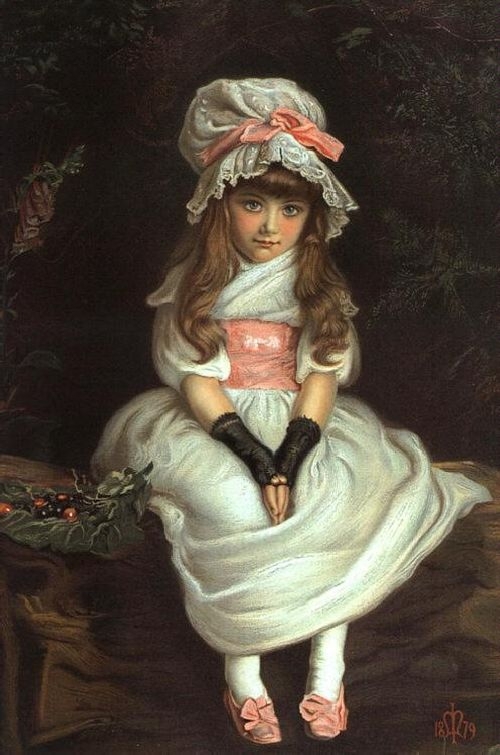Today's chunk of text follows on from the mumbling and grumbling about who was 'holy' and involves a strange ritual whereby the head of each tribe marks a staff with his name, and the twelve are left overnight in the tent of meeting. Unsurprisingly, it is Aaron's staff that buds, blossoms and bears almonds - an undeniable sign of favour, being utterly improbable and evidently supernatural. If you are curious to read more about the staff, then good old wikipedia is as good a place as any, here. There is also mention of this being a "covenant of salt" - a phrase I don't think I'd ever spotted before, and one that I had no idea what it meant. A quick interweb search suggests no-one else really knows either, though there are many attempts both Jewish and Christian to find a useful meaing (type it into a search engine and see where it takes you!)...
Two things struck me that I wanted to ponder a little today.
A Gift
God is recorded as saying "I give you priesthood as a gift" - words spoken to Aaron regarding himself and his sons. But what does that mean?
Is this gift given to Aaron and the Levites? Or is it a gift given to the whole people of Israel?
Is it a gift, as in a present, or is it a charism, a supernatural anointing or a natural gifting?
Or is it all of these?
Priesthood has many meanings and the word carries a lot of baggage, but what might it mean that this is a love-gift from God, something intended to bless and encourage, to enrich rather than to control?
Can the "Priesthood of all Believers", of which we speak so freely, be described as such a 'gift' - something special that God gives for our benefit?
Can it be, too, that the "gift of priesthood" is seen in the skills, talents, personalities and so on that we each possess and express, at least in some small measure?
If you are my priest, and I am yours, and we are each others, what does that look like? How does it find expression?
Perhaps it's enough for now to recongise that this is something very special, to be valued and exercised accordingly.
La creme de la creme
The Levites are excluded from undertaking any form of employment that would make them self-sufficient - no crop growing, no animal husbandry, no crafts-work... (whether their women were allowed to spin or weave is not clear, but possibly not). Instead, they are granted the material benefit of the tithes and offerings brought by the people - a tenth of all the produce and animals (and money?) is theirs. And this is to be the very best that the people can offer - offer to God the very best you have, knowing that the practical benefit is enjoyed by those entrusted with the spiritual life of the nation.
The Levites are not exempted from the process though. They are to select the 'best of the best' and offer that to God, and only then may they enjoy what remains.
When I was a student training for ministry, I had a friend who chose to give me the tithe from her overtime pay, knowing that I was 'living by faith' and had no regular income. Every now and then cheques would arrive, sometimes for £10, occasionally as much as £40, she took her promise very seriously indeed. And I would then tithe the tithe - a pound in a charity box, a few pounds in a special collection, a gift to someone else or whatever seemed appropriate. I don't think I ever saw it as "the best of the best" but it felt like the right thing to do.
I don't always give away a precise tithe either of my formal income or any financial gifts, but I do make sure I recognise the blessing and give away a realistic proportion.
But what if we are now all priests? What if everyone should benefit from the "best of the best"? Does that mean we, as did some of the earliest churches, have a common purse, "holding everything in common"? Does it mean, as some intentional communities do today, that we hold each other accountable for our spending, not buying a car or a holiday or consumer goods without first discussing it in community? Would I want to have to record how much I spend on skinny lattes or cat treats, and have that weighed against what I give to church, to charities and good causes? And would I have the audacity to ask anyone else to do the same?
Some seriously challenging stuff here for me to go away and ponder!

